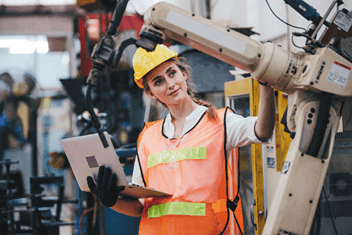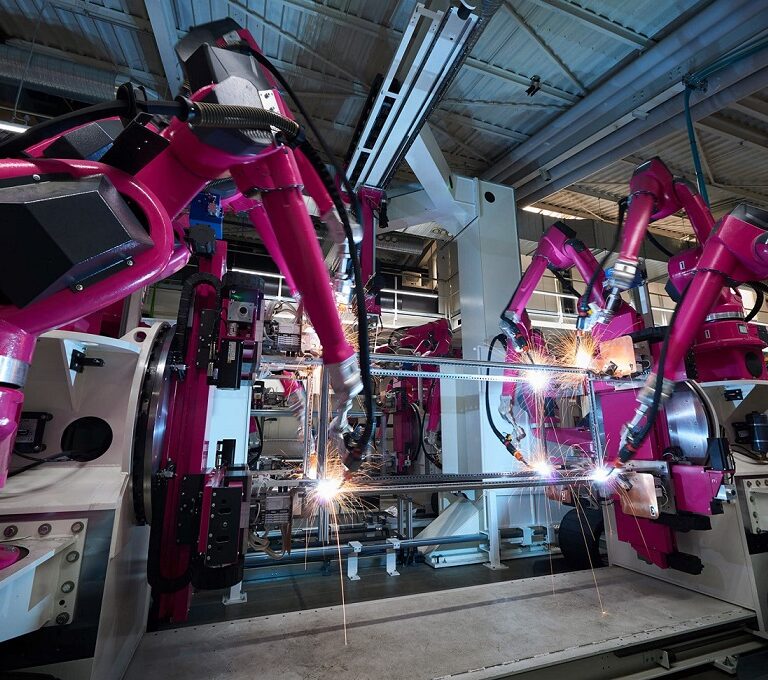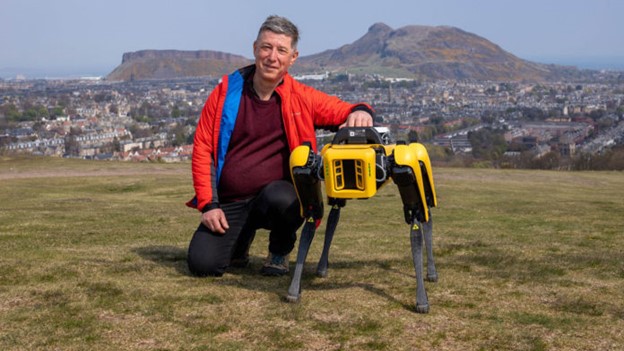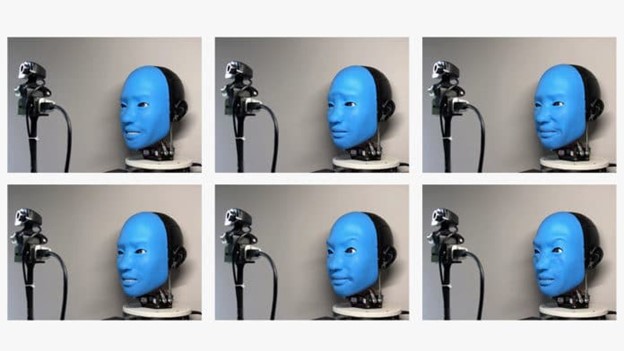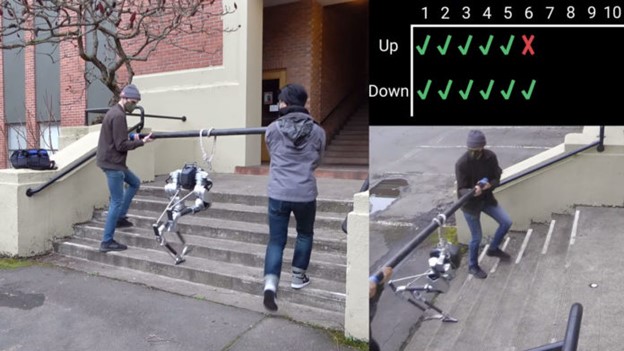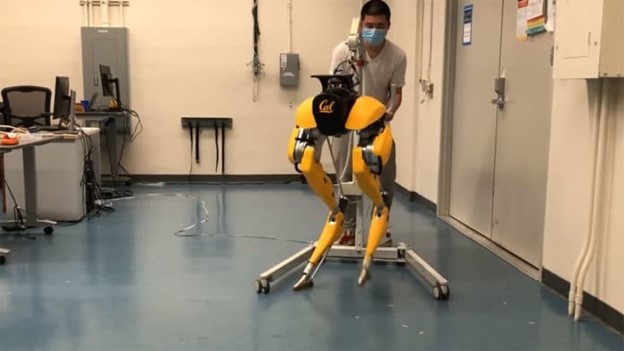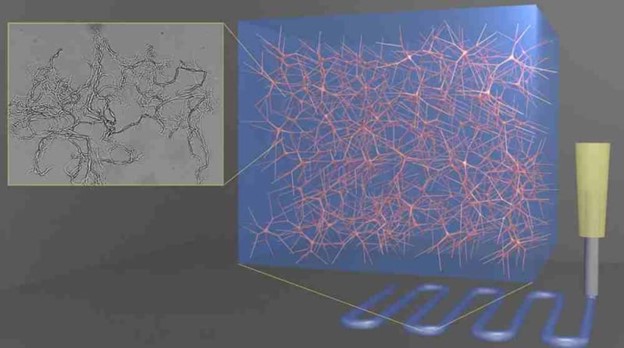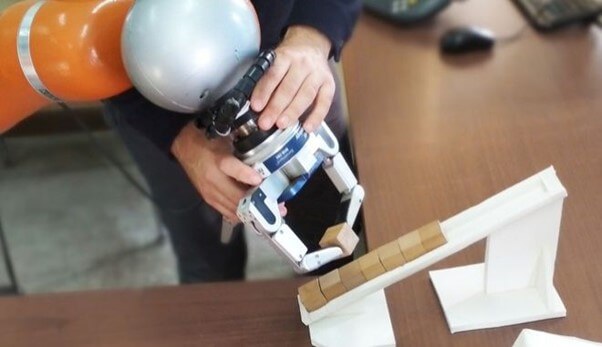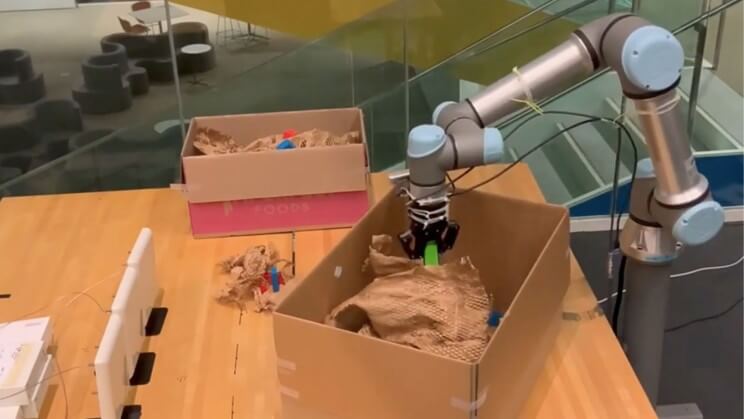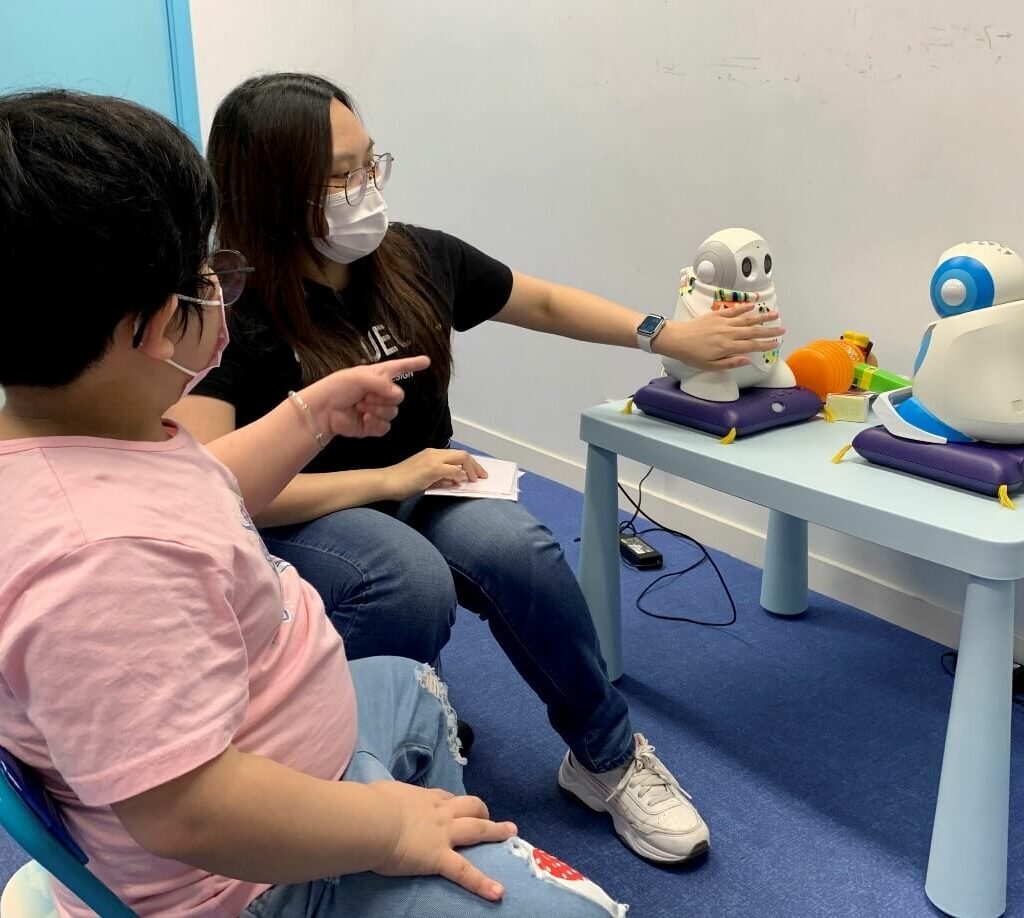New ‘intelligent’ production systems will be the future of industrial automation. Mechatronics specialists are already studying and developing them within companies, in research and development laboratories, often in collaboration between different companies. In the name of open innovation and co-engineering.
There are many limitations of a traditional machine and production process. Mario Savini, Product engineer of SDProget Industrial Software, argues that to innovate these systems, it is appropriate to use virtual prototyping, with analyzes and activities ranging from electrical design with Cad to plant maintenance via the cloud.
And how then to overcome the limits of current production? Through digital transformation and mechatronics, designing new machines and solutions, exploiting revolutionary mechatronic technologies already available.
In this way, important results and advantages can be obtained: for example, more operational flexibility, faster changes of the production format, the possibility of freeing oneself from the fixed physical distances that characterize a traditional production chain, the opportunity to revolutionize the classic management of business processes and products.
Other advantages in developing innovative machines based on mechatronic design and Industry 4.0 are the increase in production speed, the reduction of the overall dimensions of the machinery, the optimization of small production batches, the accurate management of waste.
The digitization of the company and production “increasingly leads to a scalable system, with machines and processes that can be integrated into cloud computing and new information technology systems, with modular and customizable solutions according to the different application needs”, notes Alessandro Favero, Phoenix Contact Product Manager. He adds: “the importance of an open information system, free from proprietary solutions, allows for flexibility with respect to market demands, and to respond quickly”.
The production machine changes shape. In practice, it is no longer part of a linear path, “but works within a system with flexible movements and phases”, indicates Sergio Beretta, Technical Support Engineer of Beckhoff Automation: “the main obstacles to facing, especially if the production system works wirelessly, are the fact of having to manage a large computational power, and then the transmission without cables to motors and machines, also running the control feedbacks “.
There are many projects under development. Product suppliers, machine builders, system integrators and end-users will continue to work – often together and in partnerships – to arrive at the most innovative and intelligent technological solutions, which will constitute the industrial automation of the future.
The New Metro Project is aimed directly at fostering such capabilities both as far as students of technical schools are concerned as well as workers already employed who need to be reskilled.
Source: https://www.innovationpost.it/2020/10/20/meccatronica-nuovi-sistemi-di-produzione-intelligenti-saranno-il-futuro-dellautomazione/
